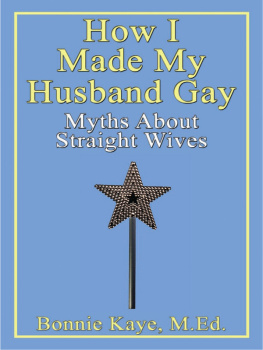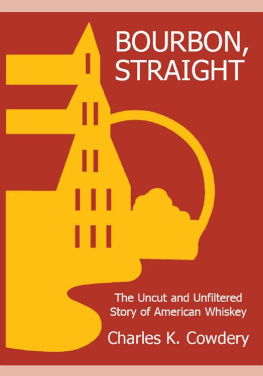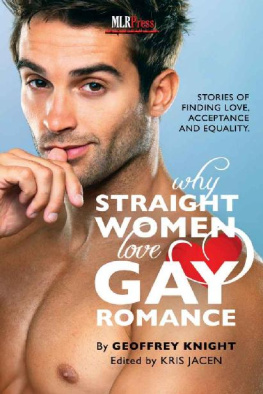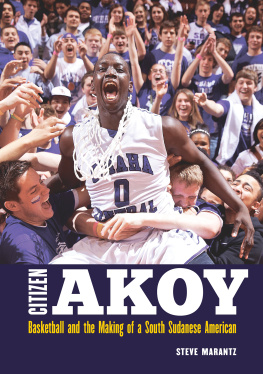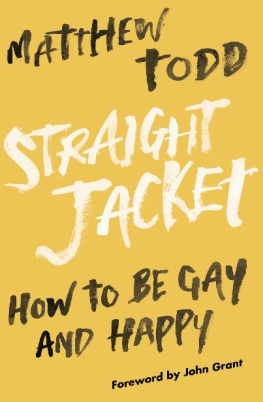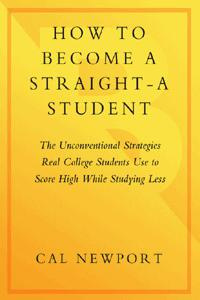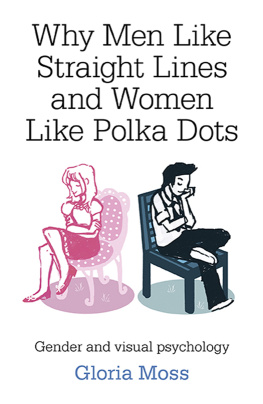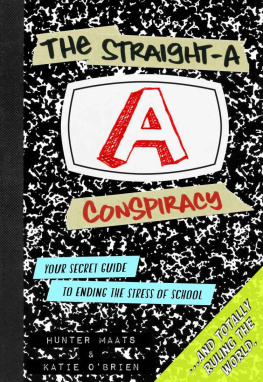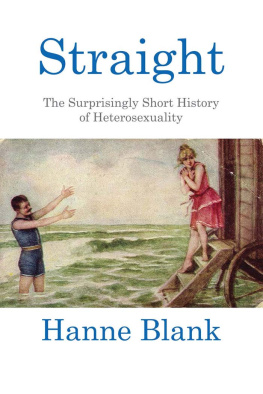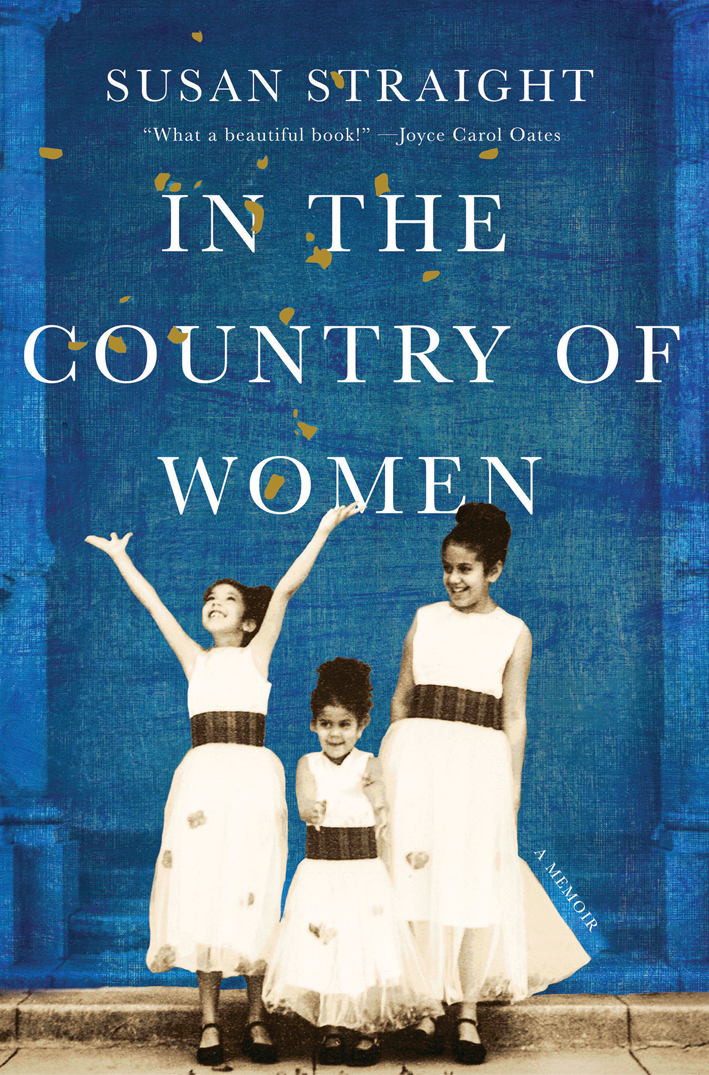Table of Contents
Guide

ALSO BY SUSAN STRAIGHT
Between Heaven and Here
Take One Candle Light a Room
A Million Nightingales
Highwire Moon
The Gettin Place
Blacker Than a Thousand Midnights
I Been in Sorrows Kitchen and Licked Out All the Pots
Aquaboogie
The Friskative Dog (for children)
Bear E. Bear (for children)

Copyright 2019 by Susan Straight
First published in the United States in 2019 by Catapult (catapult.co)
All rights reserved
Some of these chapters have appeared, in different form, in The New York Times Magazine, Los Angeles Times, Salon, Oxford American, Granta, McSweeneys, The Believer, The Best American Essays 2010, and on National Public Radios All Things Considered.
Grateful acknowledgment is made to Linda Hogan for permission to reprint a portion of her poem Walking.
Unless otherwise credited, all photographs are provided courtesy of the author.
Photograph on title page: Rosie Morris and Alberta Sims
ISBN: 978-1-948226-22-6
Jacket design by Nicole Caputo
Book design by Wah-Ming Chang
Catapult titles are distributed to the trade by Publishers Group West
Phone: 866-400-5351
Library of Congress Control Number: 2018965034
Printed in the United States of America
10 9 8 7 6 5 4 3 2 1
For General and Alberta Sims,
and John and Gabrielle Watson
Authors Note

Memory is a sixth sense, or seventhand so belongs in specific truth to the people who told me these stories over a span of fifty years. Ive written them here as they were given to uspeople whose lives were not documented by history but by their own persistence in retelling all of us, again and again, how we came to be.
For the six generations of women in this book:
Your crown has been bought and paid for. All you must do is put it on.
JAMES BALDWIN
Contents



To my daughters:
They never tell us about the odysseys of women. They never say about a woman: Her passage was worthy of Homer... her voyage a mythic quest for new lands. Women dont get the Heroines Journey.
Men are accorded the road and the sea and the asphalt. The monsters and battles and the murders. Men get The Iliad and The Odyssey. They get Joseph Campbell. They get The Thousand Faces of the Hero. They get the epic novel, the great American story, and Ken Burns documentaries.
But our women fought harder than menthey fought men! Men who claimed to love them, to protect them, to help themmen who trapped and tried to kill them. They fought for sons and daughters, they had the battalions of their sisters and mothers and aunts. Some bad-ass aunts. The women used their cunning and their bullets, the power of their ancestors and of the other women in the wagon or the truck with them. They survived passages that would have made a lot of men quit. Sometimes the men did quit. Sometimes the women quit the mento stay alive.
The women might have wanted to return home. But they couldnt. They were not Odysseus, with rowers and soldiers, returning after conquer and plunder. These women had to travel to new worldspioneers and explorers, mythic as goddesses of war and love and intellectbecause the old world was trying to kill them, starve them, or bury them alive.
Our women were not in history class, or film, or the literature of the canon. Our women survived the men who survived the cannons of war, and those were hard men. We hung out with hard men. Weak men. Good men. We married them. We got the babies. The violence. The guns. More babies. The laundry. The pots. Dancing. Pigs. The bartersex and beds and sheets. The chickens. The bread.
We kept the nation alive.
The women who came before you, my daughters, were legends. Their flights lasted decades, treks that covered America, after they arrived here from the continents of Africa and Europe and married into the indigenous peoples of this continent. They crossed countless rivers. They were, like Odysseus, imprisoned and seduced and threatened with death. They slept with lotus-eaters and escaped monsters like the Cyclops and Charybdis, and sometimes they battled other women who were Sirens or who tried to steal their children.
Because they always had their children on the boat, and even other womens children for whom they had become responsible. Odysseus survived everything to return to his wife and son, but he didnt have little kids on his boat. Though he kept losing his soldiers, he started out with a damn army, and instead your female ancestors had endless brigades of foolish and jealous men trying to stop them.
These women had murder and marrow on their minds. They shed blood for us.
Fine, who was your fathers great-grandmother, utterly alone after her enslaved mother died when she was six or seven. No sailors on her ship, no gods to capture winds in a leather pouch and deliver them to her for speed when she fled the violence of Reconstruction in Tennessee.
Daisy, your fathers grandmother, a lovely trickster who kept secret the identities of the men who fathered her four daughterseven, as they say, taking their names to her grave. A woman with a smile so incandescent she was threatened with death if she took her face away from her first husband. Her single captain was Aint Dear, a fierce goddess of retribution herself after they fled Mississippi.
Ruby, my paternal grandmother, her hopeful travels in a Model A Ford with a battalion of five sisters, from Illinois to Colorado and then marriage to someone she fled again and againthe sisters her aid, the husband her love and her enemy, until the Rocky Mountains claimed her.
Rosa, my mothers stepmother, a woman from a Grimms fairy tale, a stern and tireless general who with no assistance kept my feckless grandfather and his children alive by leading them to Fontana, California.
The promised land. All the women ended up in Calafia, a mythical island ruled by a warrior queen, whose inhabitants were black women. It is said our state was named for her.
The Odyssey was an epic poem meant to be declaimed aloud to people assembled for hearing the tale of harrowing travels home, for loyalty and love. We heard our stories spoken cautiously, or whispered. Here are the women. The origin bodies for thousands of Americans, including you, my daughters.
My mother gave me my first book when I was three. I read the Greek and Roman myths when I was five, in DAulaires wonderful illustrated anthology, because a kindergarten teacher was kind to me and let me sit in the corner with books. I was mesmerized by the pantheon of gods and goddesses, memorized their powers, fascinated by
Next page

